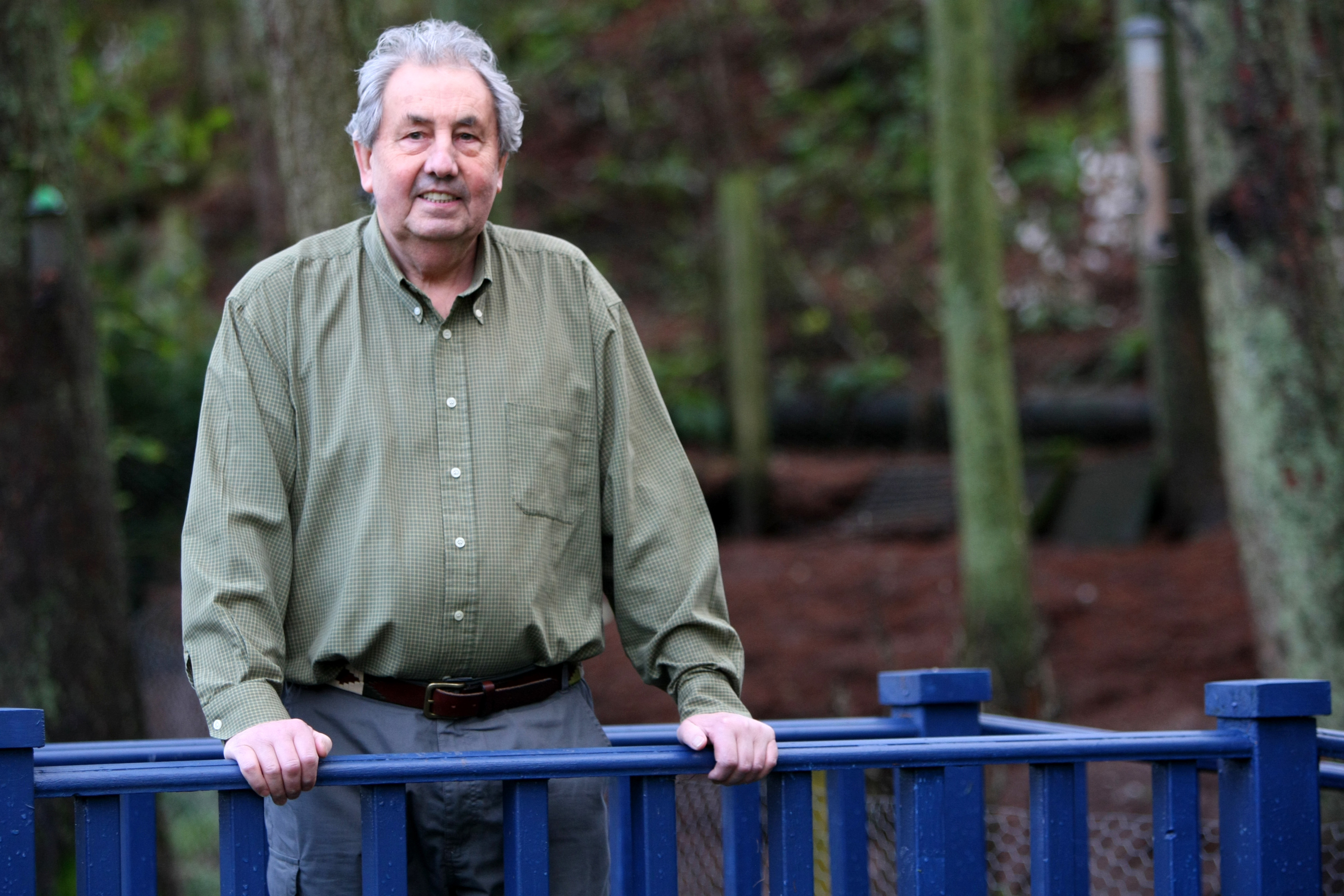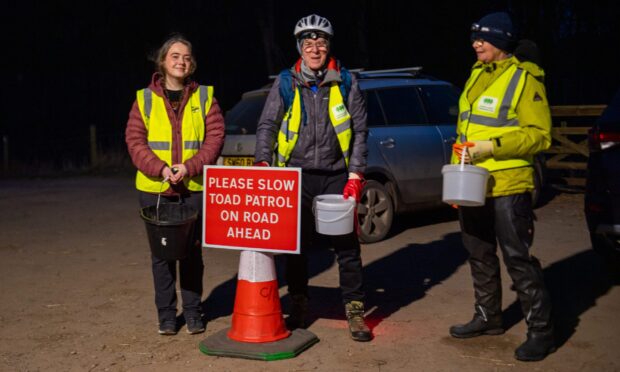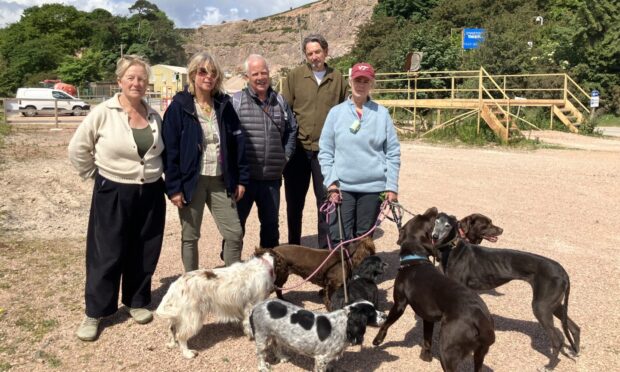Poaching must remain a wildlife crime policing priority, a Tayside expert has warned.
Alan Stewart, a retired Tayside Police wildlife crime officer from Perthshire, said there is no good reason for a change.
There are currently six UK National Wildlife Crime Unit priorities which are badger persecution, raptor persecution, bat persecution, fresh water pearl mussels, poaching of game, fish and hare, and control of trade in endangered species.
Mr Stewart said removing poaching from the definition of wildlife crime is currently being discussed in some quarters although he doesn’t think it will be “taken seriously”.
He said: “Deer poaching leaves behind many deer which are injured, having been shot by unsuitable calibre of weapons.
“The alternatives are their being snared, taken by dogs or even shot by crossbows.
“In any of the ways they are taken by poachers there is an animal cruelty issue and I fail to understand why some would want the police to treat this less seriously than any other wildlife crime.
“It is not even as if all the time of police officers is taken up investigating poaching instead of, for instance, the poisoning, trapping or shooting of a golden eagle.
“In relation to the poaching of salmon, for a variety of reasons numbers of fish returning from the sea are still at low numbers compared to what they used to be and they are a valuable resource.
“Commercial poachers with nets or a cage can harvest a considerable proportion of these fish.
“Worse, if poachers use Cymag, they can kill every fish in a pool and generally lose many of them that float dead downstream.
“These fish, and of course unprofessionally-butchered deer, go into the food chain and subsequently can pose a real risk to human health.”
Mr Stewart, who previously worked as an intelligence officer with the UK National Wildlife Crime Unit (NCWU), said hare coursing with dogs is a “particularly cruel way of taking any mammal” and farmers’ livestock is also at risk as indeed are some farmers who encounter the hare coursers and receive threats of injury to themselves or damage to their property.
He said: “Lastly, and in my experience, those involved in poaching are invariably involved in other forms of criminality, some of which is violent crime and when caught are often wanted for other crimes or have unpaid fines.
“Having attended many of these UK (TCG) meetings in the past – and indeed the inaugural one when the first priorities were set – considerable care was taken by the various experts in their respective fields to set the priorities properly.
“I doubt that the proposal to drop poaching as a wildlife crime policing priority will be taken seriously.
“There seems no good reason for alteration unless a priority species is no longer subject to risk of crime or the level of crime drops considerably.”
A spokesperson for the NWCU said: “Crimes against wildlife are widespread, numerous and varied. However, the NWCU has limited resources and, accordingly, has to focus its efforts to gain maximum impact.
“NWCU is therefore informed by the wildlife crime Conservation Advisory Group in relation to the current conservation status of UK species.
“Together with reports from police forces as to volume of wildlife crime, the NWCU prepare a two-yearly Strategic Assessment to decide the UK wildlife crime priority areas.
“The priority areas are the ones which have been assessed as posing the greatest current threat to either the conservation status of a species or which show the highest volume of crime and therefore they are those that are assessed as requiring an immediate UK-wide tactical response.”










